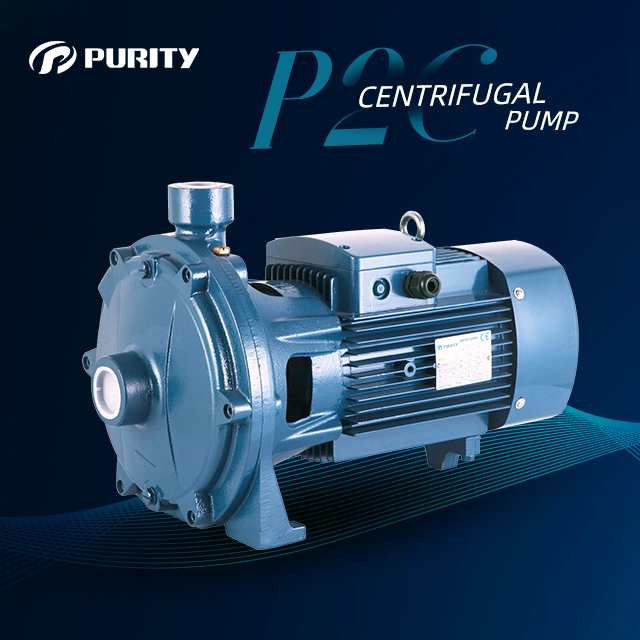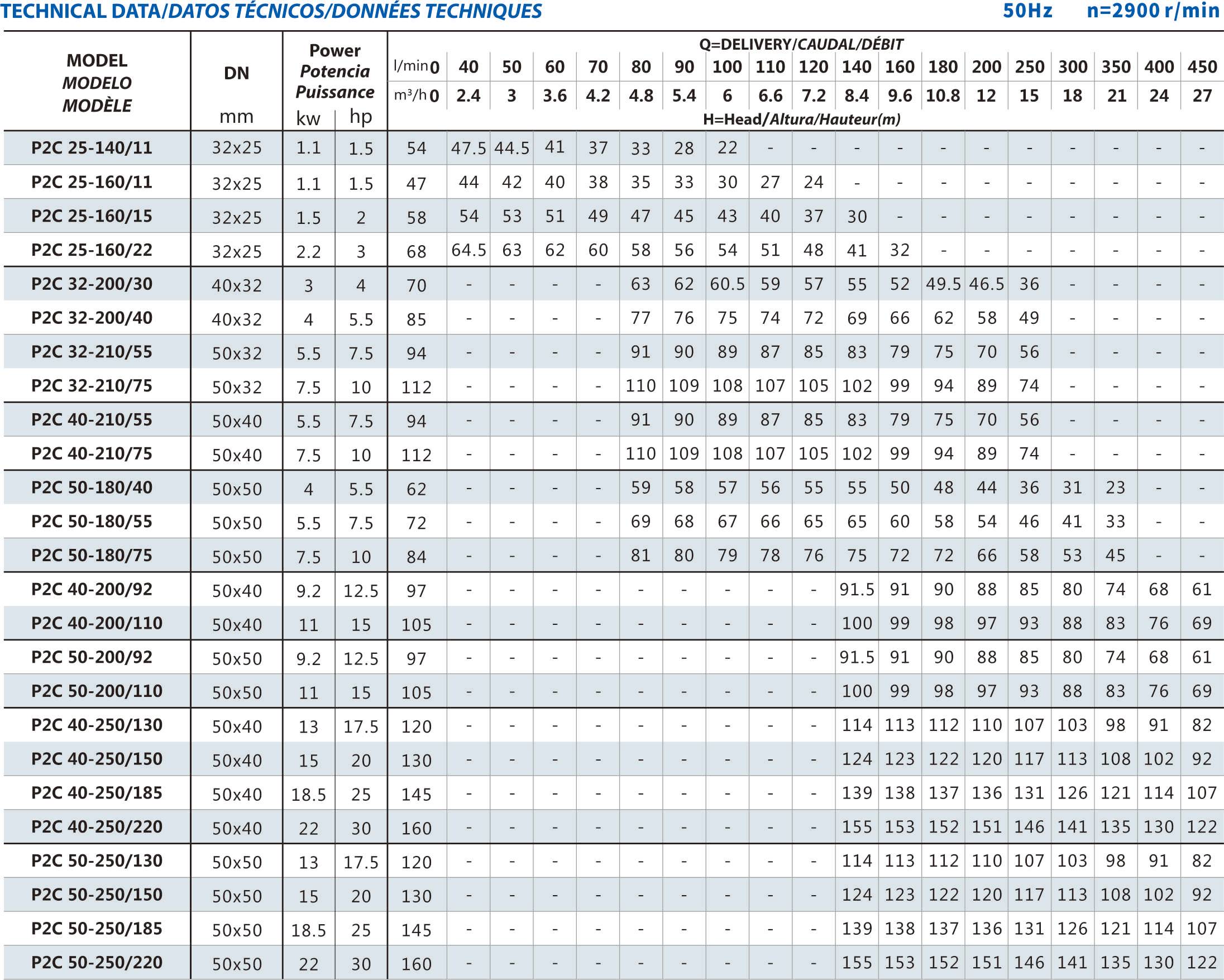A double impeller pump, often referred to as a two-stage pump, is a type of centrifugal pump that features two impellers arranged in series. These pumps are designed to provide higher pressure and enhanced efficiency compared to single impeller pumps, making them ideal for various applications, including water supply systems, irrigation, and industrial processes.
The primary component of a double impeller pump is its two impellers, each mounted on a common shaft but housed in separate chambers. These impellers are essentially rotating vanes that increase the velocity of the fluid entering the pump. As fluid passes through the first impeller, it gains kinetic energy and moves to the second impeller, where further energy is imparted, resulting in higher pressure at the pump's outlet.
1. Impellers: The impellers are crucial as they determine the pump's capacity to move fluid. Typically made from durable materials like stainless steel or cast iron, impellers can vary in design, including open, semi-open, or closed configurations. In a double impeller pump, both impellers usually have similar designs to ensure balanced performance.
2. Casing:The casing of a double impeller pump encloses the impellers and helps in directing the fluid flow from the inlet to the outlet. It is designed to withstand high pressures and is typically constructed from materials that resist corrosion and wear.
3.Shaft and Bearings:The shaft connects the impellers to the motor, transmitting the rotational energy needed for the impellers to function. Bearings support the shaft, ensuring smooth operation and reducing friction.

Figure |Purity Double Impeller Pump-P2C
1. Increased Pressure:One of the most significant advantages of double impeller pumps is their ability to generate higher pressures. This makes them suitable for applications requiring long-distance fluid transfer or where high pressure is essential, such as in high-rise buildings or firefighting systems.
2. Efficiency: Double impeller pumps are often more efficient than single impeller pumps because the staged impellers share the workload. This reduces the energy required to achieve the desired pressure and flow rate, resulting in lower operating costs.
3. Versatility: These pumps are versatile and can handle various fluids, including water, chemicals, and slurries. This makes them applicable in diverse industries, from agriculture to manufacturing.
4. Reliability:The design of double impeller pumps ensures more reliable operation under varying conditions. The dual impeller configuration reduces the likelihood of cavitation, a common problem in high-pressure pumps where vapor bubbles form and collapse, potentially damaging the pump.
1. Water Supply Systems:In municipal and residential water supply systems, double impeller pumps are used to maintain consistent pressure, ensuring that water reaches the required locations, even in high-rise buildings.
2. Irrigation: Agriculture often relies on double impeller pumps to deliver water over large areas. The high-pressure capability allows for efficient irrigation, even in terrains with significant elevation changes.
3. Firefighting:In firefighting applications, the ability to produce high-pressure streams of water is critical. Double impeller pumps are commonly used in fire engines and sprinkler systems to ensure rapid and effective fire suppression.
4. Industrial Processes: Many industrial processes require the transfer of fluids at high pressures. Double impeller pumps are used in processes such as chemical manufacturing, food processing, and petrochemical industries to move liquids efficiently.

Figure |Purity P2C parameter
Choosing the right double impeller pump involves considering several factors:
1.Flow Rate and Pressure Requirements:** Determine the required flow rate and pressure for the application. Double impeller pumps can vary significantly in their capacity, so selecting a pump that meets the specific needs is essential.
2. Fluid Characteristics:Consider the type of fluid being pumped. Factors like viscosity, temperature, and the presence of solids can influence the choice of pump materials and design.
3.Installation Environment:Evaluate the installation environment, including space constraints, power availability, and environmental conditions. Some pumps are designed for outdoor use, while others may need protection from harsh conditions.
4.Maintenance Needs:Assess the maintenance requirements of the pump. Double impeller pumps with easily accessible components and robust designs can reduce downtime and maintenance costs.
Double impeller pumps are an essential tool in many industries, offering high pressure, efficiency, and reliability. Their design allows for a wide range of applications, from water supply and irrigation to firefighting and industrial processes. By understanding the structure, advantages, and selection criteria of double impeller pumps, users can ensure optimal performance and longevity in their specific applications.